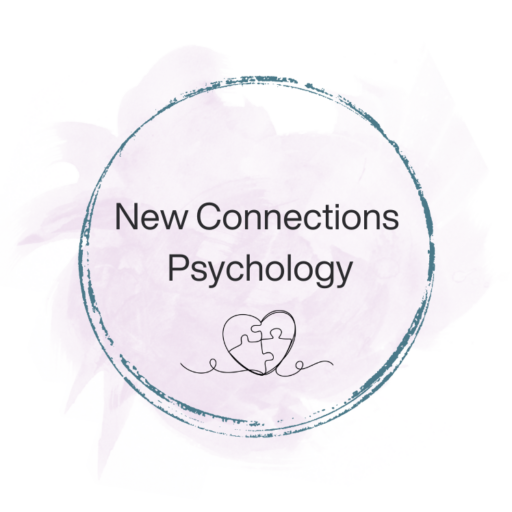Understanding the Impact of Early Life Experiences on Personality Development
Childhood is a critical time for emotional and psychological development. The experiences we go through in our early years shape not only our personality but also influence our mental health in adulthood. A significant area of concern is the impact of childhood trauma on the development of personality disorders. This article aims to delve into this complex relationship, shedding light on how early traumatic experiences can lead to long-term psychological consequences.
Defining Childhood Trauma
Childhood trauma refers to a child’s experience of an event or series of events that are emotionally painful or distressful, which often results in lasting mental and physical effects. These traumas can vary widely, including physical, emotional, or sexual abuse, neglect, witnessing violence, or enduring chronic adversity such as poverty or family instability. The way these traumas affect individuals can vary greatly depending on factors like the child’s age, their relationship to the abuser, and their overall environment.
Personality Disorders: An Overview
Personality disorders are characterized by enduring patterns of behavior, cognition, and inner experience that deviate markedly from the expectations of an individual’s culture. These patterns are inflexible and pervasive across a wide range of personal and social situations, leading to significant distress or impairment in social, occupational, or other important areas of functioning. Common personality disorders include Borderline Personality Disorder (BPD), Antisocial Personality Disorder (APD), and Narcissistic Personality Disorder (NPD).
The Link Between Childhood Trauma and Personality Disorders
Extensive research has shown a strong correlation between childhood trauma and the development of personality disorders later in life. For instance, individuals with BPD often have a history of childhood abuse and neglect. This disorder is characterized by a pattern of unstable relationships, self-image, and affects, and marked impulsivity. Similarly, APD has been linked with a history of harsh, inconsistent parenting and a lack of nurturing.
The Psychological Impact of Trauma
The impact of trauma on a developing child’s brain can be profound. Trauma can interfere with the normal development of the brain and nervous system, which in turn can affect a child’s ability to regulate emotions, form healthy attachments, and develop a coherent sense of self. This dysregulation can lead to behaviors and personality patterns characteristic of various personality disorders.
The Role of Environment and Genetics
It is important to acknowledge that not all individuals who experience childhood trauma will develop a personality disorder. The development of these disorders is complex and involves an interplay of genetic, biological, and environmental factors. A supportive, nurturing environment and the presence of stable, caring relationships can mitigate the impact of trauma and reduce the risk of developing a personality disorder.
Diagnosing and Recognizing the Signs
Recognizing the signs of a personality disorder can be challenging, as these patterns are often deeply ingrained and may be perceived as inherent aspects of a person’s character. Common signs include difficulty in maintaining relationships, unstable self-image, impulsive behaviors, and intense emotional responses. Professional evaluation and diagnosis are essential for identifying these disorders.
The Importance of Early Intervention
Early intervention is crucial in addressing the effects of childhood trauma. Intervening during childhood or adolescence can help prevent the development of more severe psychological issues, including personality disorders. This intervention may include therapy, support for the family, and creating a safe and stable environment for the child.
Treatment and Management of Personality Disorders
Treatment of personality disorders typically involves psychotherapy, with methods such as Dialectical Behavior Therapy (DBT) and Cognitive Behavioral Therapy (CBT) being particularly effective. Medication may also be prescribed to manage specific symptoms like anxiety or depression. The treatment aims to help individuals understand their thoughts, feelings, and behaviors, and develop healthier coping mechanisms.
The Role of Therapy in Healing
Therapy plays a pivotal role in addressing both the aftermath of childhood trauma and the management of personality disorders. Therapists can help individuals process their traumatic experiences, develop emotional regulation skills, and work on building healthy relationships. Therapy also provides a safe space for individuals to explore their thoughts and feelings and learn new strategies to cope with challenges.
In conclusion, the link between childhood trauma and the development of personality disorders is a complex interplay of various factors. Understanding this connection is crucial for early intervention and effective treatment. With appropriate care and support, individuals affected by these disorders can lead fulfilling lives. Therapy, both during childhood and adulthood, can be a transformative tool in this journey, enabling healing and personal growth.

